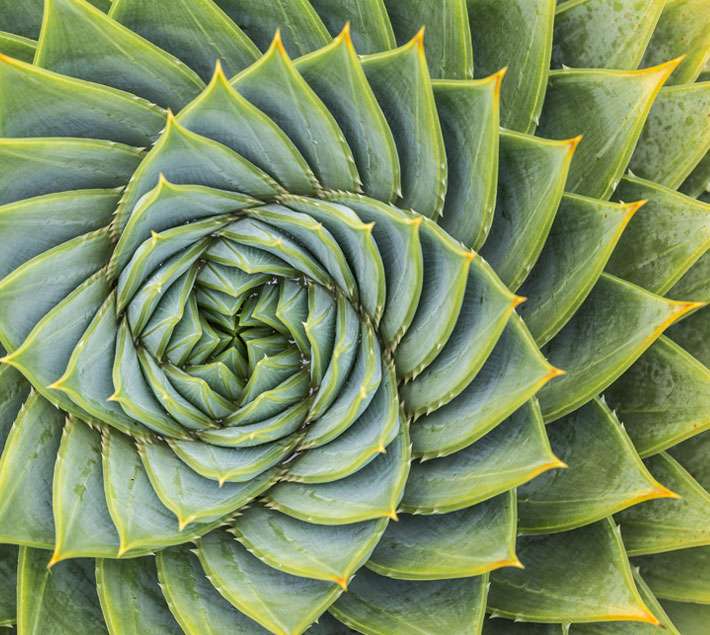Can there really be one solution for a sustainable world? This might sound like a bold statement but I believe it to be true. As a global society we’re currently on a path that is not sustainable – we are living beyond our planet’s resources.
Why is this? Primarily, because we’ve created a materialistic society that holds the common belief that the economy is the primary driver and is more important than consideration for the environmental or social impacts that creating money makes. We have a collective belief that we can have infinite growth on a finite planet and, amongst other things, believe that:
- ‘man’ is superior to nature
- technology will get us out of the climate change mess
- we need ‘stuff’ to be happy
- wellbeing is equated with how much money we have, our status in society or how much we own
This focus on consumption brings to mind the quote from the film Fight Club – “We buy things we don’t need with money we don’t have to impress people we don’t like”.
Unsustainable business, resource depletion, deforestation, climate change, pollution, ocean acidification are all symptoms of an underlying cause – the fact that we misunderstand where our experience as humans comes from. Many of us believe that happiness comes from the ‘outside-in’, that in order to feel a sense of wellbeing we are dependent on our circumstances. This is a vicious cycle. It encourages us to seek more external gratification, to buy more stuff, to earn more money, to achieve more status. In doing so, we have become disconnected from each other, the natural world and from the true source of our wellbeing that is always with us, always available. It’s just that our thinking, our belief systems and our mindset obstructs it.
What are the implications of recognising that our experience comes from the ‘inside-out’ for the creation a sustainable world?
- When we understand that human society has, via thought, created the current system of operation where economy and growth comes first, we also understand that we can change it. It’s not a force of nature that we have no control over – it’s a ‘man-made’ system.
- When we see that we are all part of one system, that we are interconnected with each other and the natural world we can become more conscious of our purchasing and business decisions and the impact that they have on the environment and others.
- When we understand that thought creates our individual reality and that collective thought creates our collective reality and culture then we are able to see that it is not fixed. New thought and insights can change our experience and way of operating. New thought is available at all times once we stop focusing on and giving energy to old thinking, to old paradigms that we hold to be true.
So, what would a world in which everyone had this new understanding look like? – in Charles Eisenstein’s words, “The more beautiful world our hearts know is possible”. It won’t mean that people won’t still want ‘stuff’, it won’t mean that people no longer consume but it might mean that people no longer see consumption and buying things as a means to wellbeing. If this were to happen then over-consumption would come to an end, businesses would stop exploiting the world’s natural resources to create ever-increasing profits, companies would stop exploiting people in the developing world as cheap labour to produce goods for consumers in the developed world. As Gandhi said, “The world has enough for everyone’s needs, but not everyone’s greed”.
Otto Scharmer, author of Leading from the Emerging Future believes, “ We have collectively created results that no one wants”. We now need to move from what he describes as ego-system to eco-system awareness. We need a collective shift in consciousness at all levels of society – governmental, business and consumer. The first step in this is to help people understand that there is just ‘one solution’ as there is just ‘one problem’ – that we misunderstand where our experience as human beings come from. Once we see this, not only does it undermine the common, prevailing mindset of economy above all, it also opens up the infinite creative potential that we have as humans to create a new future: a future that ensures that both human society and the natural world can thrive.
Sian is a facilitator, coach, leadership development consultant and Impact associate. Sian is focused on helping leaders increase their own wellbeing whilst making a positive impact in the world and creating workplaces, communities and societies where both people and the natural world can flourish. For more information, visit www.leadershipforsustainability.co.uk
